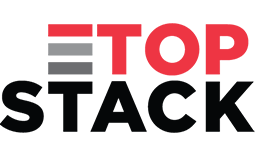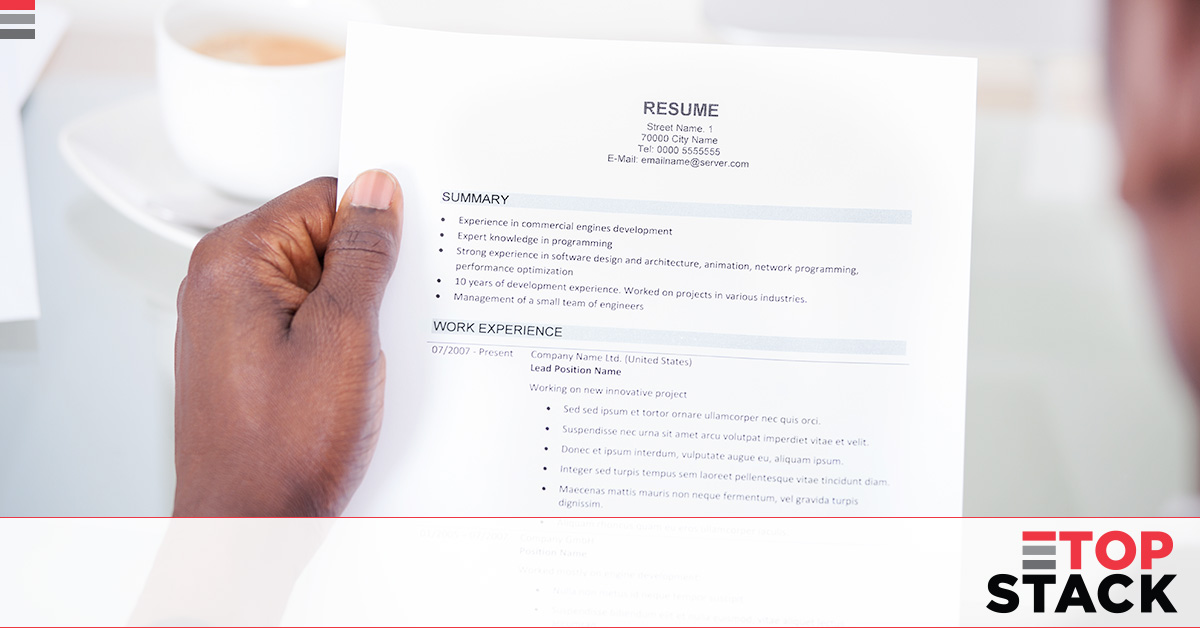Different Types of Interviews and How to Prepare for Them
When looking for your next job, there are many different types of interview styles. There are behavioral interviews, where you’re asked to share your experiences in solving specific problems. There’s the lunch interview, which tests your relational skills in a whole new environment. You may be invited to a Skype interview, which for the uninitiated can be a bit nerve-wracking.
It’s important to know how to be prepared for each of these types of interviews. Here are a few examples of interviews the next hiring manager may throw at you and how to prepare for each one.
#1 The Standard Interview
If you’re lucky, the employer won’t throw anything too radical at you in this scenario. However, it doesn’t mean you still shouldn’t prepare. Take time before this process to research the company you’re visiting as well as practicing some of the most common types of interview questions, like “What’s your biggest weakness.” Find out from your recruiter in advance who you’re meeting with and even try to find out more about them so you can feel a little more comfortable with the new faces at the interview table.
#2 The Skype Interview
If you’ve never done a video interview, this one will take a bit of time to get used to. First, test your laptop, desktop or another digital device to determine the software works. Then find an appropriate room for the visit, keeping in mind what the employer will see in the background behind you. Next, make sure the camera is portraying you in the most attractive way, by shooting you head-on and not panning up into your chin. If you’re uncertain about any of these tips, there are dozens of articles online to prepare you.
#3 The Case Study Interview
For programmers, many companies give you a coding problem to solve. Sales roles often have a series of behavioral tests. Writers usually have to give an article sample or take a writing test. Either way, companies are increasingly seeking new ways to have you prove your skills before coming on board.
#4 The Behavioral Interview
These interviews seek to quantify your skills in concrete ways by asking a series of questions that start with, “Tell me about a time that you…” The goal of these questions is to test how fast on your feet you are as well as trying to determine your future behaviors on the job by looking at what you did in the past. The best way to prepare is to look up samples of these types of questions and practice a few concise examples of your on-the-job skills.
#5 The Lunch Interview
If you get nervous eating around new people, this can be a tough interview. However, you should assume the potential employer must like you; they wouldn’t invite you to lunch if they didn’t. A lunch interview gets a prospective employee out of the artificial environment of the interview room and gives you an opportunity to get to know the employer in a more relaxed setting, even if, in truth, you won’t be relaxed at all. If you know the restaurant in advance, check the menu and pick out a few options that are: A) not too expensive; and B) easy to eat. Bring along a small notebook (that could fit beside your plate) with conversation prompts and questions.
For more top tips, talk to the talent team at Top Stack.










